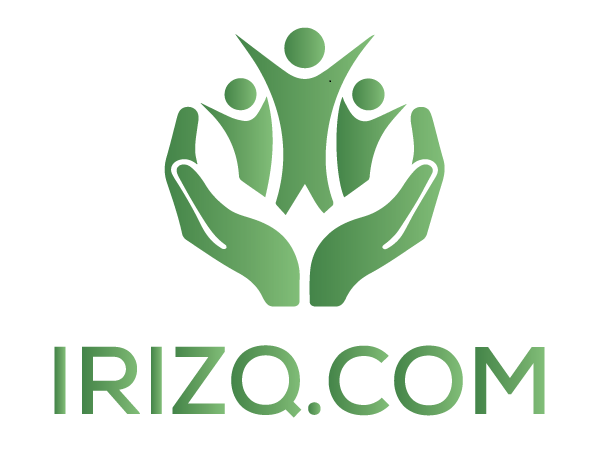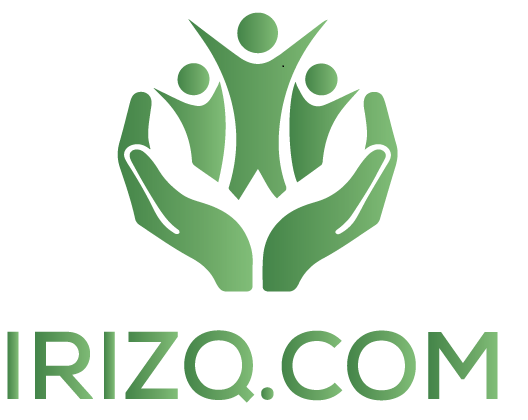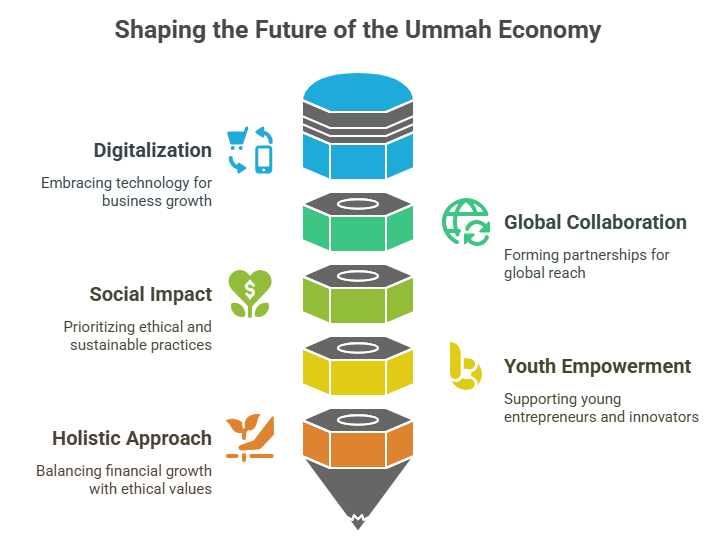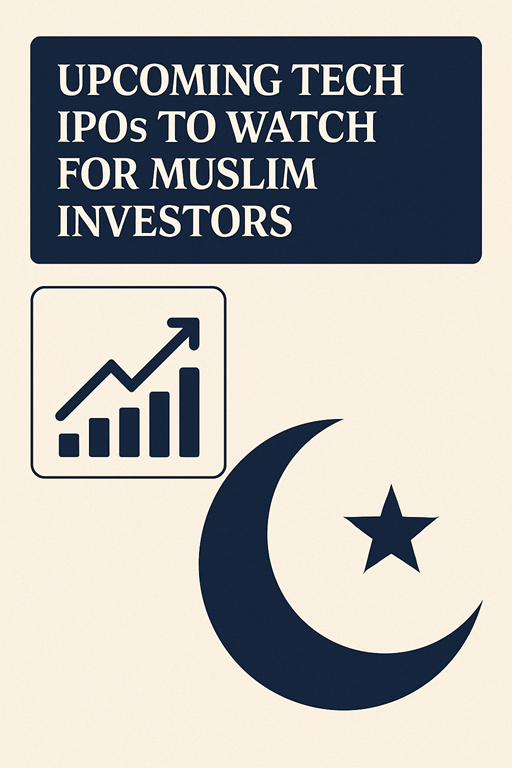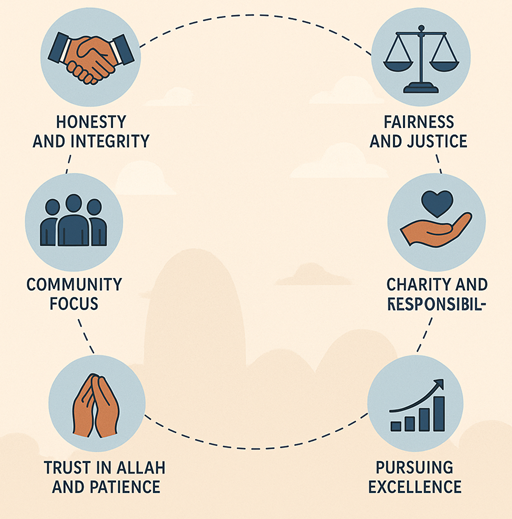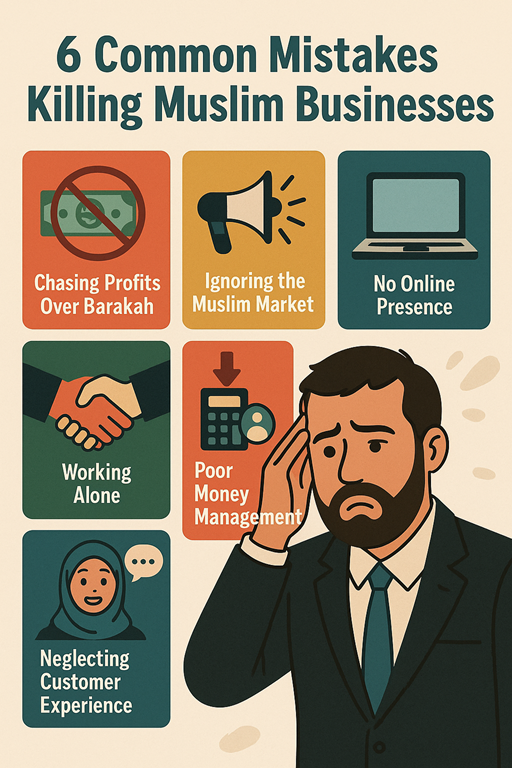The Ummah Economy is rapidly evolving into a global movement driven by digital innovation, ethical investing, youth entrepreneurship, and collective action, offering a powerful vision for a more united, prosperous, and values-driven Muslim economic future.
As the world around us continues to evolve, one thing remains clear: the concept of the Ummah Economy is gaining momentum and has the potential to reshape the way we think about business, entrepreneurship, and economic collaboration within the Muslim community. By prioritizing ethical practices, mutual support, and investment in halal businesses, the Ummah Economy is laying the foundation for a more resilient and prosperous future. But as with any movement, the question must be asked: What’s next for the Ummah Economy?
As we look toward the future, it’s exciting to envision how the Ummah Economy will continue to grow and evolve. From technological advancements and innovative partnerships to increased global outreach, the possibilities are vast. Let’s explore some of the potential developments that could shape the future of the Ummah Economy and how each of us can play a role in driving its success.
Increased Digitalization and Online Platforms
The rise of technology has revolutionized the way business is conducted worldwide, and the Ummah Economy is no exception. In the future, we can expect an even greater shift toward digital platforms that enable Muslims to easily connect, collaborate, and support one another in business and entrepreneurship.
Online marketplaces and e-commerce platforms specifically tailored to the Muslim community will make it easier for consumers to find and support Muslim-owned, halal, and ethical businesses. These platforms could host everything from modest fashion and Islamic finance to halal food and Islamic services, providing a one-stop shop for Muslims looking to support businesses that align with their values. By embracing digital tools, the Ummah Economy can reach global audiences, bridging gaps and increasing access to ethical products and services.
Furthermore, technology can help businesses improve efficiency, reduce costs, and offer new services to meet the growing needs of the community. The increased use of online education platforms, for example, will provide aspiring Muslim entrepreneurs with the knowledge and skills they need to succeed, further empowering the community to create impactful businesses.
Global Collaboration and Networking
The future of the Ummah Economy isn’t confined to local or regional boundaries, it is a global vision. As more Muslims around the world recognize the power of economic collaboration, we can expect to see global partnerships and networking opportunities emerge. This could mean more collaborative ventures, joint ventures, and cross-border investments that drive the Ummah Economy to new heights.
Global trade between Muslim-majority countries and regions with large Muslim populations will create opportunities for businesses to scale and expand beyond their local markets. Muslim entrepreneurs can tap into international networks, gain access to global markets, and explore new growth avenues. Through these collaborations, the Ummah Economy will not only promote economic growth but also strengthen social ties among Muslims worldwide, reinforcing a sense of unity and collective responsibility.
With the right partnerships, halal businesses can leverage global supply chains, access international capital, and enter new markets with ease. By fostering a strong global network of ethical entrepreneurs and organizations, we can unlock the full potential of the Ummah Economy.
Social Impact and Ethical Investments
The future of the Ummah Economy is not solely about financial growth, it is also about social impact. As more people become aware of the ethical implications of their purchasing and investment choices, there will be a growing demand for businesses that prioritize social responsibility and sustainability. This includes businesses that invest in their local communities, support charitable causes, and contribute to the well-being of vulnerable populations.
The concept of ethical investment will continue to gain prominence. Muslims will increasingly seek investment opportunities that align with their values, focusing on businesses and projects that adhere to Islamic principles of justice, transparency, and fairness. This will lead to more ethical funds, impact investing, and sustainable finance options that ensure the financial growth of businesses without compromising on the well-being of society.
In addition, Islamic philanthropy will continue to play a significant role in shaping the future of the Ummah Economy. As successful businesses and individuals contribute to local mosques, Islamic schools, and charities, they help to uplift and empower the most vulnerable members of the community. The cycle of giving back will continue to drive the social impact of the Ummah Economy, creating a more equitable and prosperous future for all.
Youth Empowerment and Entrepreneurship
One of the most exciting aspects of the Ummah Economy’s future is the role of youth empowerment. As the next generation of Muslim entrepreneurs steps into the spotlight, the Ummah Economy will be infused with new ideas, innovations, and energy. Young Muslims, many of whom are tech-savvy and socially conscious, will drive the growth of startups and innovative solutions within the community.
Youth entrepreneurship is poised to thrive in the future, with young people seeking to create businesses that address pressing social issues such as sustainability, education, healthcare, and financial inclusion. By supporting the entrepreneurial aspirations of youth, the Ummah Economy will continue to evolve, ensuring that it remains relevant and adaptive to changing global dynamics.
To support this shift, mentorship programs and youth-focused entrepreneurship initiatives will be crucial. By providing young Muslims with the tools, resources, and networks they need, we can empower them to become leaders and change-makers who will shape the future of the Ummah Economy.
A Holistic Approach to Economic Growth
Looking ahead, the future of the Ummah Economy will be guided by a more holistic approach to economic development. This means going beyond simply making profits and focusing on creating a sustainable, self-sufficient economy that balances financial growth with social responsibility, ethical practices, and environmental sustainability.
As the Ummah Economy grows, there will be an increasing emphasis on green technologies, sustainable business practices, and the ethical treatment of workers. Businesses that align with these values will not only thrive in the marketplace but also attract the support and loyalty of the growing number of Muslims who are conscious of their impact on the world around them.
Ultimately, the future of the Ummah Economy lies in our collective actions. Each of us has a role to play in shaping this future whether through supporting halal businesses, investing ethically, or engaging in volunteering and mentorship to uplift others. Together, we can create an economy that is built on Islamic values and principles, ensuring that the Ummah remains united, prosperous, and empowered for generations to come.
Looking Forward to a Bright Future
The Ummah Economy is not just a movement; it’s a vision for a better, more ethical, and more equitable future. As we look ahead, we see a future filled with opportunities for collaboration, growth, and empowerment. With the rise of digital platforms, global partnerships, ethical investments, and youth-driven entrepreneurship, the Ummah Economy is poised for transformation. It’s up to each of us to take action, support one another, and contribute to building a stronger, more prosperous Ummah.
The future of the Ummah Economy is bright, and by working together, we can make that future a reality.
